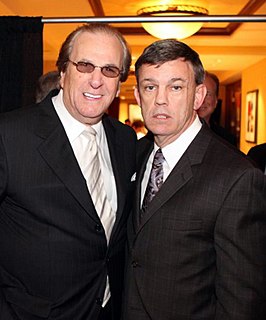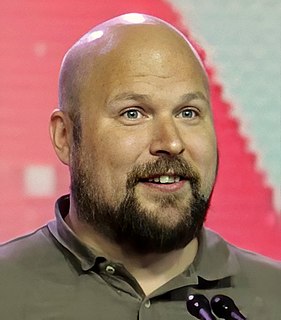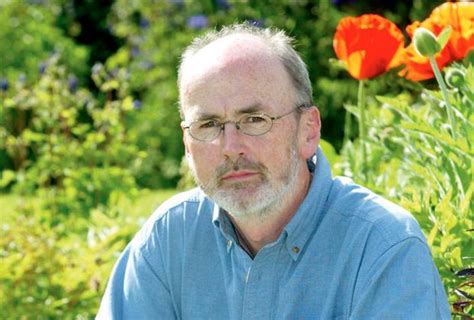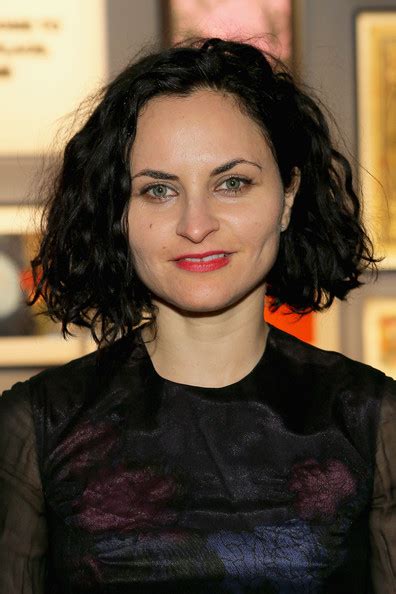A Quote by David Hepworth
If you don't work near a water cooler and hanker for the company of fellow natural history enthusiasts, 'The Blue Planet II Podcast' has Emily Knight and Becky Ripley enthusing infectiously about and delving deeper into the most recent episode.
Related Quotes
I am particularly fond of [Emmanuel Mendes da Costa's] Natural History of Fossils because this treatise, more than any other work written in English, records a short episode expressing one of the grand false starts in the history of natural science and nothing can be quite so informative and instructive as a juicy mistake.
I have 1.4 million followers on Twitter. I get very interesting, sometimes very diverse input from my followers. So it's sort of like this water cooler, digital water cooler, if you want to think about it, where you go and you listen to conversations that are happening that perhaps will shape your thinking.
For most of human history, the main goal of states has been to conquer land and to achieve glory for their rulers, usually at others' expense. Then in recent decades it was all about GDP. It's only in very recent history that rulers have been willing to commit themselves to helping their citizens live happier lives.
One of the great things about the old days of television, 10 years ago, or 15 years ago, was that it was water cooler television. People would communally watch the same hour. People used to tell us all the time, we turn off the phones, we put the kids to bed and that one hour is uninterrupted. Then, the next day at the water cooler, they all talk about it.
For a wide-ranging look at literary matters, the 'Book Review Podcast' from the 'New York Times' is still one of the best. Presented by Pamela Paul, each episode has an interview with an author - recent guests have included Neil Gaiman and Sana Krasikov - plus a roundup of the uppers, downers and hanging-arounders on the U.S. bestsellers chart.
The water is this marvellous blue. It’s so blue that once you see it you realise you’ve never seen blue before. That other thing you were calling blue is some other colour, it’s not blue. This, this is blue. It’s a blue that comes down from the sky into the water so that when you look in the sea you think sky and when you look at the sky you think sea.































